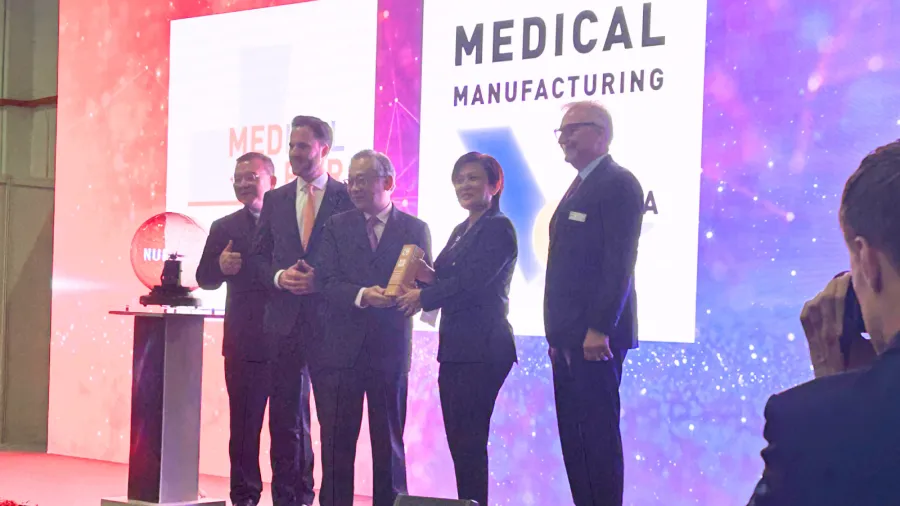
Medical Fair Asia and Medical Manufacturing Asia fosters connections, collaborations in the healthcare and medical technology industry
The trade show, which was held in Singapore, successfully brought together over 13,000 visionary digital health innovators, government leaders, and industry pioneers from the medical and healthcare sectors.
Medical Fair Asia, organised by Messe Düsseldorf Asia, accomplished its objective of being an efficient networking platform for medical and healthcare industry players with its recent exhibition in Singapore.
Being the region’s foremost B2B marketplace for sourcing and networking in the said sector, Medical Fair Asia, which was co-located with Medical Manufacturing Asia, also featured various seminars and networking discussions that included a wide range of topics, from the evolving landscape of medical technology (MedTech), the challenges faced by manufacturers, to digital health innovations and the potential for future growth in Southeast Asia.
Medical Fair Asia featured discussions that highlighted the evolving landscape of medical technology (MedTech), the challenges faced by manufacturers, and the potential for future growth in Southeast Asia.
Speaking about the trade show, Marius Berlemann, Managing Director, Operations, Messe Duesseldorf GmbH, emphasised the importance of tailoring offerings for diverse Asian markets, highlighting Singapore's role as a key hub for medical innovations and the need for trade shows to serve as platforms for learning and collaboration.
Meanwhile, Healthcare Asia had the chance to catch up with Erwin Hermanto, Vice Chairman of the Indonesian Medical Device Manufacturers Association (ASPAKI), and Simon Tan, Senior Vice President at Sunningdale Tech Ltd., from their organisations' booths to speak about recent developments in the Asian healthcare sector and how these changes are opening up opportunities for their organisations.
Tailored approach to address regional needs
Sharing insights into Messe Düsseldorf’s efforts to tailor its offerings for diverse Asian markets, Berlemann introduced the "Messe Düsseldorf for Asia" initiative, which aims to consolidate the company’s subsidiaries across the continent to better address regional needs.
Berlemann noted that the medical and healthcare device sector is a key focus for Messe Düsseldorf, with Singapore—which he described as a “powerhouse for medical device innovations”—being an ideal location for the largest medical device exhibition outside of Germany.
“We need to tailor and address directly from the market. We need to have people on the ground to address the relevant topics of the Asian countries,” he said.
More than just being marketplaces, trade shows should be platforms for learning and innovation. This approach, Berlemann emphasised, helps keep Medical Fair Asia and Medical Manufacturing Asia relevant and impactful for participants.
“So what we are offering at the one-stop solution is not just the purchasing demand to be fulfilled, but also the innovation demand, the networking demand—and I think this is how you stay relevant today. It's about really addressing the future topics of each specific industry you are operating in as a trade fair organiser,” he stressed.
Berlemann also outlined the company’s ambition to expand its reach within the Asian medical and healthcare sector. He underscored its drive to foster growth not just in Singapore but also in emerging markets like China and India, recognising the significant potential for rehabilitation and inclusion topics in these regions.
To continue attracting Asian exhibitors and attendees to its flagship event, Medica – held in Germany, Berlemann boasts their offering of resources to showcase major innovations—making the event a platform for global engagement and collaboration.
Medical Fair Asia and Medical Manufacturing Asia: Platforms for medtech innovations
Amongst the exhibitors at the trade show was the plastic engineering company Sunningdale Tech Ltd, a Singaporean company with a global presence across nine countries and 17 locations. The company had previously participated in the 2014 edition of Medical Manufacturing Asia and has returned this year with a much bigger presence.
Sunningdale’s senior VP Tan deemed the event a crucial platform for showcasing their capabilities, allowing them to engage with existing customers and connect with potential new clients from both Asia and Europe.
Tan underscored the importance of this opportunity, stating that their presence at the exhibition positions them as valuable partners for many medtech companies, especially with their advanced tooling capabilities. He further noted that more than 15 of the Top 20 medical companies in the world rely on their services.
Regarding current trends, the MedTech sector in Asia/SEA is experiencing rapid growth, driven by factors such as an ageing population, increasing disposable income, and rising healthcare costs. This growth is creating significant opportunities for investors and businesses in the region.
Given this, Tan pointed out that the medical device segment has been the fastest-growing area for Sunningdale Tech Ltd over the past two decades. He noted that the demand for low-cost medical devices drives the industry, and the company has developed high cavitation tooling solutions that allow for impressive production rates. For instance, Sunningdale Tech Ltd can produce up to one million parts a day using a 96-cavity mould, significantly reducing costs whilst maintaining high output.
Tan expressed optimism about growth in the medtech sector, particularly in Singapore and Southeast Asia. He attributed this growth to the region's ageing population, which has resulted in increased healthcare demands.
Noting Sunningdale Tech Ltd’s unique position as a leading moulding and tooling company in Singapore, Tan underscored the company’s global reach and comprehensive capabilities—from product design to commercialisation and packaging. This expertise has established Sunningdale Tech Ltd. as a powerhouse in plastic injection moulding and engineering, ready to meet the evolving needs of the medical device market.
Fostering collaboration in Southeast Asia's medical landscape
Hermanto, for his part, introduced ASPAKI as a significant association representing medical device manufacturers in Indonesia—bringing with him to the event 12 Indonesian medical device companies supported by various government ministries and the Indonesian Embassy in Singapore.
Hermanto stressed the transformative impact of the COVID-19 pandemic on the medical device industry, explaining that it did not only pose significant challenges but also underscored the need for enhanced national resilience in Indonesia's healthcare sector.
“These particular exhibitions have allowed us to meet a lot of our friends in Singapore and other Asian neighbours. We can actually change a lot of products as well as technologies. In Indonesia right now, the medical device industry is growing very rapidly, and we're actively looking for investors as well as technological partners to come in and work with us and develop our local market and export market,” he stated, pointing out the urgency of developing the upstream industry for raw materials and components.
Looking at the several trends shaping the Southeast Asian healthcare landscape, Hermanto predicted increased integration of IT technologies—particularly artificial intelligence—in imaging and diagnostics. With health awareness on the rise, demand for advanced diagnostic tools and high-quality imaging technologies is expected to grow significantly.
Enthusiastic about the networking opportunities the exhibitions provided, Hermanto looked forward to connecting with their ASEAN counterparts to share experiences and explore technological partnerships that can address mutual needs.
Held from 11 to 13 September, Medical Fair Asia was held alongside Medical Manufacturing Asia, which is jointly organised by Messe Düsseldorf Asia and SPETA (Singapore Precision Engineering and Technology Association). Learn more about Messe Duesseldorf Asia here.
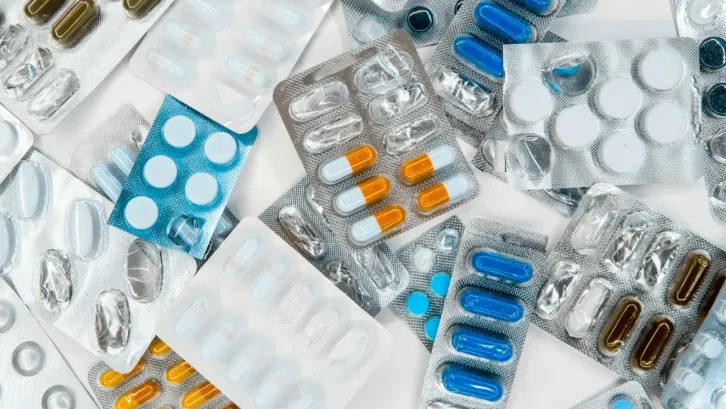
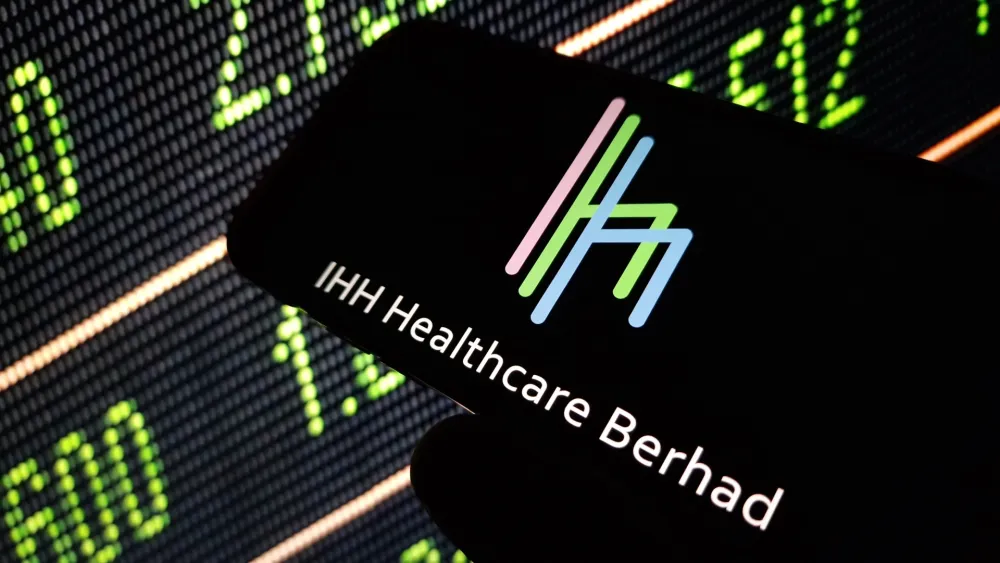
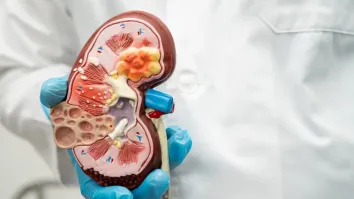
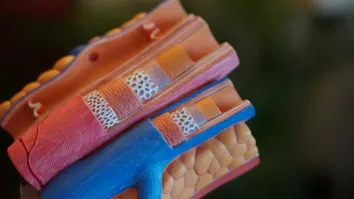

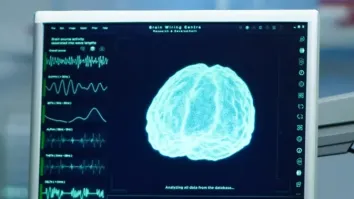













 Advertise
Advertise







